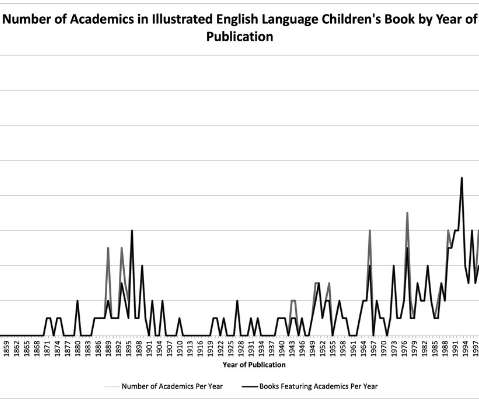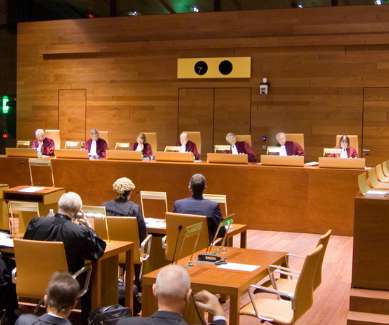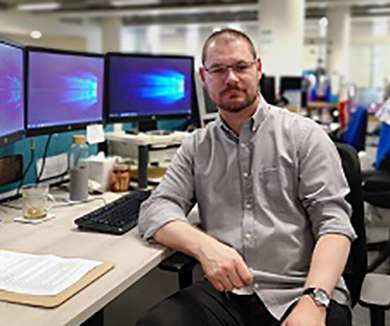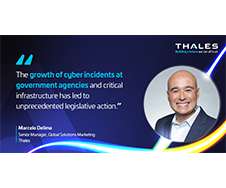No separation between physical and digital
CILIP
JANUARY 23, 2023
And we’re taking this ability to unlock knowledge further by developing Lancaster Digital Collections for text mining. Think about users browsing shelves of print books who are unaware of the relevant ebooks the library has. The synthesis of digital and physical is reflected through our exhibitions.













Let's personalize your content